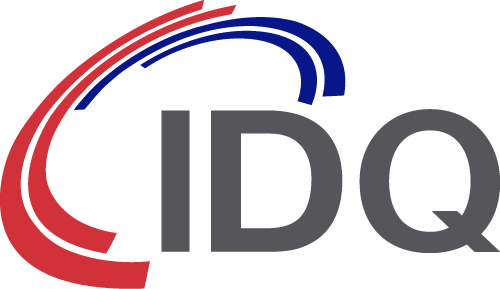EU countries commit to quantum communication infrastructure
Representatives of seven EU countries agree to explore the development and deployment of a quantum communication infrastructure across the EU. Quantum Key Distribution (QKD) will be the first service to make use of it.
The recent Digital Assembly brought a range of stakeholders in the EU’s Digital Single Market together in Bucharest to shape future digital policy across the Union. One announcement at the event stood out in particular: representatives of seven EU countries (Belgium, Germany, Italy, Luxembourg, Malta, the Netherlands and Spain) signed a declaration that agrees, over the next 12 months, to explore how to develop and deploy a quantum communication infrastructure (QCI) across the EU within the next ten years.
This ultra-secure network would help member states secure their critical infrastructure and assets – from smart energy grids and healthcare facilities to government communications and banking transactions – against the cybersecurity threats posed both today and in the post-quantum era. It will integrate conventional and quantum communication infrastructure in order to protect data both at rest and in motion.
Most importantly, it will give Europe a competitive advantage in the area of quantum technologies; something that is of paramount importance as global research and investment in quantum technologies grows, and the age of the quantum computer draws nearer.
The infrastructure itself will leverage existing fibre communication networks to link sites nationally and across borders, while satellite communication will be used for long-distance communication across the EU and beyond.
Quantum Key Distribution (QKD) to be the first service deployed
In what is another acknowledgement of the importance of the technology, the first service to be deployed on this new infrastructure will be Quantum Key Distribution (QKD).
Thanks to its ability to guarantee forward secrecy – as attackers cannot eavesdrop on data in motion – QKD can secure data as it passes throughout the network. Utilising the power and principles of quantum computing, it will protect sensitive information, government correspondence and digital transactions against conventional hacking and attacks from quantum computers in the future.
Paving the way for the quantum internet
Alongside securing critical assets and infrastructure, the quantum communication infrastructure will eventually become the backbone of Europe’s quantum internet – a topic we covered last year when scientists were setting out their vision of it.
Following the declaration, the seven countries will work with the European Commission to explore the benefits and feasibility of building the infrastructure, including the technological options available. It will also focus on the further development of cybersecurity and quantum technologies that can be integrated in the QCI; signalling that the future of quantum technologies is bright across Europe.


